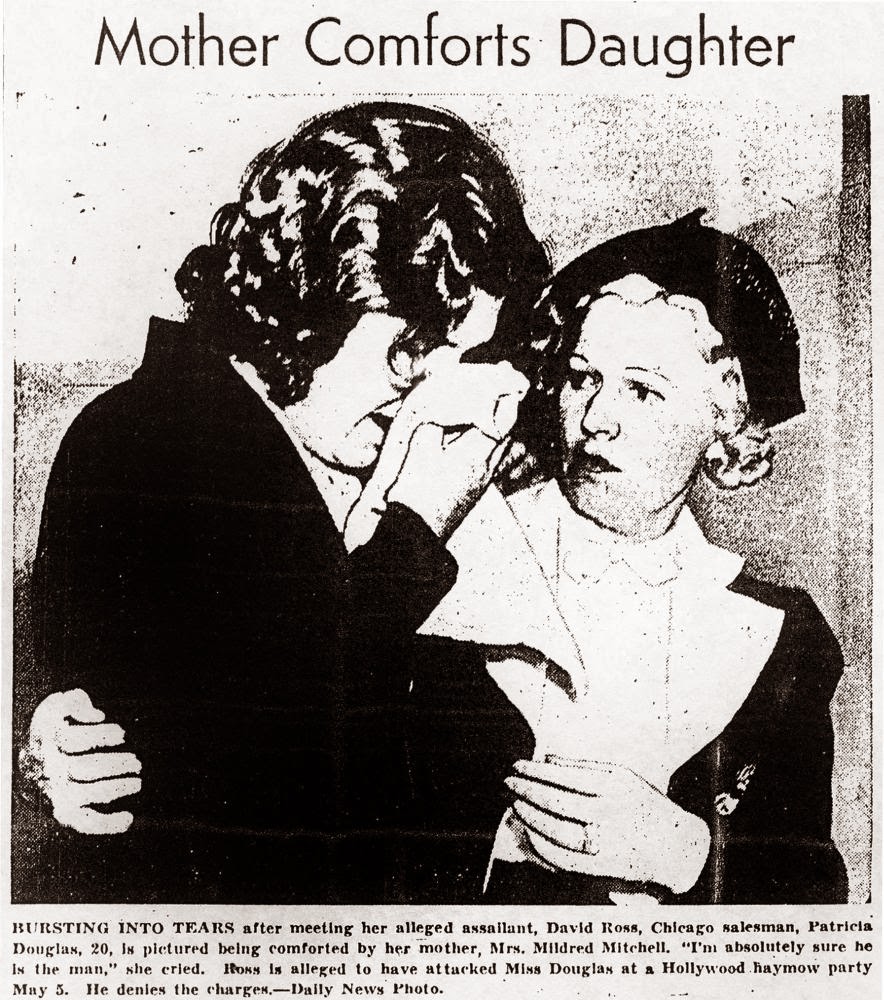 |
| Sherlock awkward at weddings? Well that's an obvious 'duh'. |
Sherlock used to be the most exciting show that damn near ever aired on this or any side of the pond. It made Benedict Cumberbatch a household name, as difficult as that name was to pronounce and launched a revolution in people picking up books again (and no 'The Hunger Games', and 'The Girl With the Dragon Tattoo' don't count) I mean real books by Sir Arthur Conan Doyle who created a character that seemingly lives forever. But now, after it's third season finished, I've noticed that there's a lot different and not in the good way. Cast is still there and all, but it's no longer the Sherlock Holmes show...it's turned into some ubiquitous Dr. John Watson love-special with crime happening in the background and far too many camera tricks to compensate for lack of content.
 |
| Paul McGuigan, the visionary behind re-appropriating Sherlock for a modern audience in a modern setting. |
The two genius creators and Sherlock uber-dorks Mark Gatiss (who doubles as Sherlock's brother Mycroft on the show) and Steven Moffat still serve as writers, but now they have copycat directors all trying to be the creative genius that is Paul McGuigan who directed 4 out of 6 episodes of the first two seasons. The four best ones I might add. There was a magic to Paul. He understood that 'appropriation' doesn't have to be a bastardization...a lesson Baz Lhurmann has yet to learn and re-envisioned the cannon of Sherlock Holmes that absolutely worked for a modern audience. Under his direction, the show, as different in aesthetic as it was to the original matertial maintained a level of integrity particularly within the obtuse and superhuman character of Sherlock Holmes.
 |
| John Watson's wedding...you know, who cares? It might as well have been something spoken about between the two protagonists in the past tense to save time. |
The first episode of the third season was...not bad. It was basically back tracking to the cliffhanger of the last episode of season 2 where Sherlock 'dies' but we all know he doesn't and had to sit twiddling our thumbs for a fucking year and a half waiting for them to finally explain how the FUCK he managed to trick every motherfucker on the planet...including John Watson I might add. So that was fun to watch, a string of reveals, all of them seemingly plausible at first, but then we realize how, I'm not going to give it away but obviously we know Sherlock couldn't die because they had announced the renewal of the show for two more seasons even before that episode aired, and quite honestly it wasn't that important. But from that episode I already knew, they had switched protagonists. And don't get me wrong, there's nothing wrong with John Watson, he's a cool dude, a bit of an uptight white guy type, but not nearly as interesting, funny, witty, sexy, etc. as Sherlock Holmes, and to be fair, the show as well as the Arthur Conan Doyle cannon are named after him, and don't even include Watson's name in the title.
The second episode is of course also based on one of the original stories, but Gatiss and Moffat already exhausted the 'Big 3' (The Woman, the Dog, and the Professor) in the second season, so all that's left is scraps, and what they lack in content they have to improvise in irrelevant stories like John Watson's marriage to Mary...and by that point it's like...whatever. Detective Inspector LeStrade (Rupert Graves) gets an 'emergency text' from Sherlock and what he finds out is that Sherlock is perturbed on how to write a best man speech for the wedding...really? That's all well and good for light comedy, but the wedding itself takes up more than half the episode.
 |
| Here's to Season 3 not sucking as much as it appears to be. |
The rest is the actual investigation, which is also a bit dull to say the least. I was not impressed. And granted, I haven't yet seen the third and final episode in the series but all in all I'm not to excited about it. I keep turning it on before I hit the hay and end up falling asleep. I have never fallen asleep on a Sherlock episode, not ever, doesn't matter if I just put in the hardest day of my life, it's usually that engrossing. So perhaps I'm going a bit hard on this series as it is now. Because I expect more from it. To me, it's been the best show not only of its genre, but of anything we've seen in a long time. It was big news when it was announced that McGuigan would not return to direct Season 3, and it shows. Maybe they can redeem themselves with season 4, but we'll have to wait a while to see about that. I really hope they rehire McGuigan and pump life into something that's seemingly dead in the water as it were.




